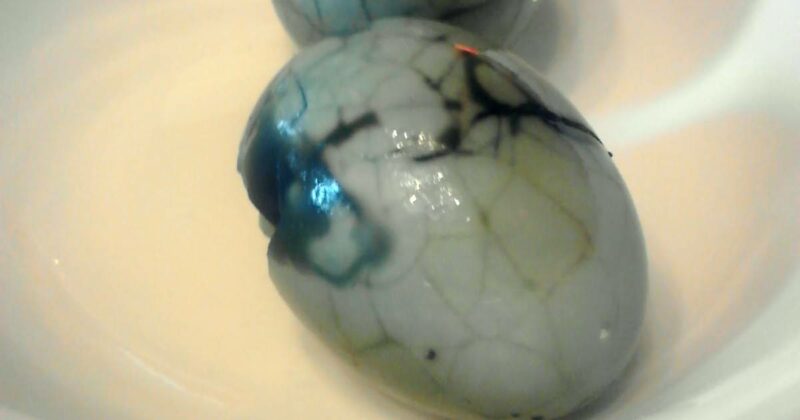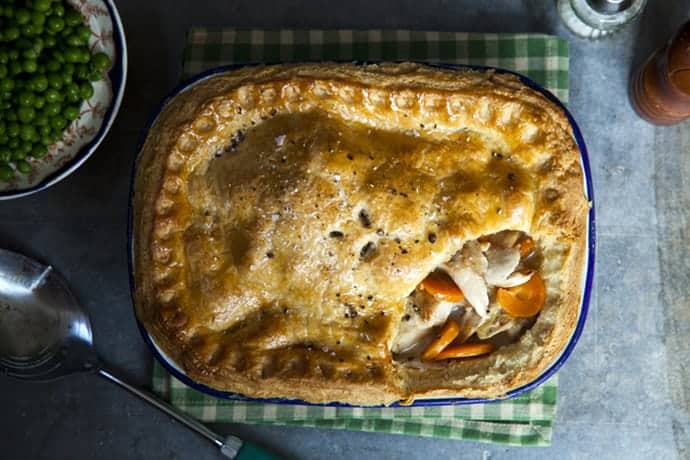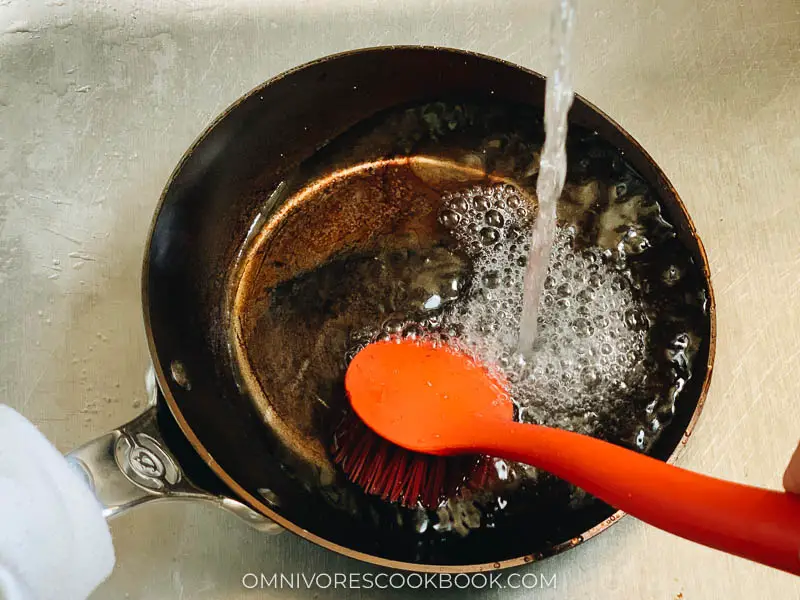How to cook hard boiled eggs.
Today’s recipe seems very simple but it is not, you can easily screw up if you do not follow some guidelines.
There are a series of rules that we must follow so that they are perfect.
I am referring to avoiding a greenish or off-center yolk, that it is very difficult to peel the egg because the shell is stuck to the white, because the eggs float, what type of egg to use… all these problems will not happen again, I assure you.
It is easy to overcook or undercook an egg. What is the best way to cook an egg? How long should we cook a hard-boiled egg for it to be perfect? What should we do so that the shell does not break? At what temperature should we cook the egg?
To get the perfect hard-boiled egg, it must have the following characteristics: the shell must not be broken or stuck to the white, it must be easy to peel, the white must be white and compact, the yolk must be cooked but juicy without that green color that indicates that we have spent too much time.
In another post we have how to make poached egg or poached egg, a classic in many recipes of the blog.
And of course a few recipes with stuffed boiled eggs, from the classic tuna stuffed eggs to salad stuffed eggs.
Interested? Then read on and don’t miss the video below.
Ingredients For hard boiled eggs
- fresh eggs
- Water, salt and a splash of vinegar
How to prevent the egg shell from cracking during cooking? How to get a centered yolk?
- The main thing is to use fresh eggs. When eggs have been at home for a long time (I’m not saying that they have expired) they dehydrate and the air chamber inside them increases in size.
- That is why when an egg is not fresh it tends to float when it is put in the casserole. This causes the egg to dance with the hot water and break.
- It is advisable to take the eggs out of the refrigerator some time before cooking them, so that they are at room temperature. One hour before is enough.
- The casserole where we are going to cook the eggs must be full of water, enough to cover them completely.
- When the eggs are not fresh, the yolk is unevenly distributed inside the egg, being off-center. There is no problem with this, as the yolk will be perfect for consumption, but it will not be the best for the yolk to separate from the white when cut.
- The trick of a pinch of salt and a dash of wine vinegar works. This way we will get the vinegar we have added to the water to facilitate the coagulation of the egg proteins.
- This will quickly seal the crack formed in the shell and prevent the egg from escaping into the water.
Hard-boiled egg cooking times and temperature
- There are two possibilities, either to introduce the egg when the water is cold or to do it when it is boiling. In the latter case, it is advisable to leave it 2 minutes longer than when introduced with cold water.
- Once the water is boiling we must leave it between 11-12 minutes depending on the size of the egg or the number of eggs we are cooking.
- If we leave it longer than necessary, the egg will be a bit rubbery, with an unpleasant smelling white and a yolk with grayish or greenish tones. This is due to the fact that the proteins in the egg white contain sulfur atoms. If overcooked, hydrogen sulfide is released, a gas that gives the egg an unpleasant odor (like rotten) and a greenish color to the yolk. It can be eaten, but its appearance will not be the best in the world.
- The white solidifies at 62º C and the yolk at 68º C, so the egg should be cooked for a little more than 10 minutes at 69º C, depending on the size of the egg and its initial temperature.
- As at home it is difficult to be so exact, the water should be at about 100º C, which is when it starts to bubble, boiling water, and we will have a cooked egg after 11 minutes. It also depends on the tastes of your home and your vitro, induction hob or fire.
Three types of boiled eggs
- Soft-boiled egg: as you know, the soft-boiled egg has a runny yolk and a slightly curdled white (semi-liquid). The cooking time to achieve this is 3-4 minutes.
- Mollet or soft-boiled egg: this is the name given to the egg with a curdled white and a slightly runny yolk. To achieve this, the cooking time should be 5 minutes.
- Cooked egg: a properly cooked egg must have a white and compact white and a curdled yolk, without grayish or greenish colors. To achieve this, the cooking time should be 10-12 minutes.
- With all these tips and your experience I am sure that you will find the right point to get your perfect egg. The one that best suits your tastes.



